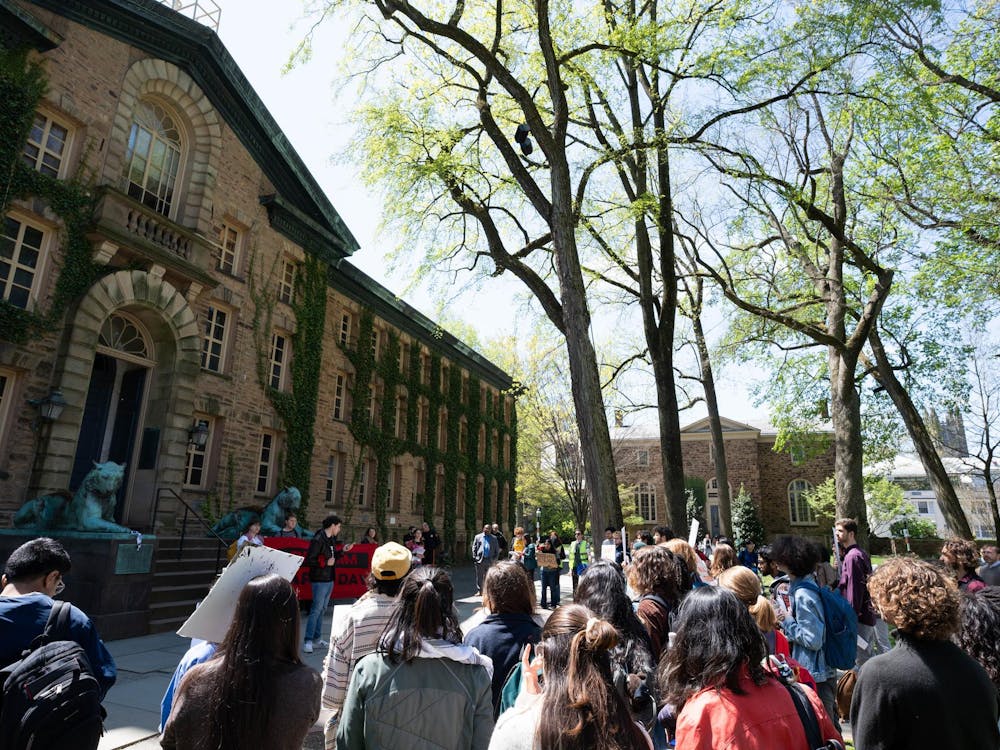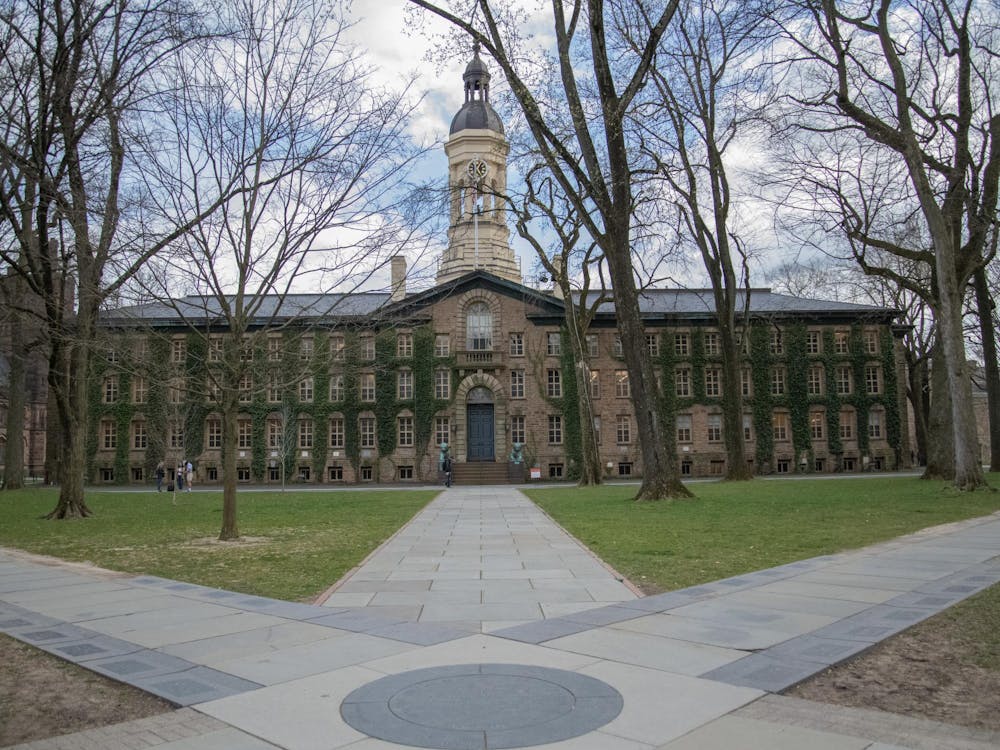Last week, I was able to attend a lecture by Jose Antonio Vargas, an immigration rights activist and journalist. Despite the casual air of the event and the enthusiasm of the crowd, the event came with a powerful message: No human being is illegal. Vargas’s point was indicative of a larger problem in American politics about the human ramifications of policy decisions, and the lack thereof in most reporting about immigration.
Vargas was only a child when he came to the United States as an undocumented immigrant, leaving behind his mother in the Philippines to live with his grandparents in the United States. To this day, he is unable to go back to the Philippines to see his mother because if he were to leave the United States, he would be unable to reenter. It was truly heartening to be able to hear his story, and it meant a lot to me as third generation Chinese American. My family emigrated from China two generations ago to escape the Communist government, having been caught on the wrong side of the Chinese Civil War, and to further their education in the United States, so I very much sympathize with the plight of modern-day immigrants. Vargas’ lecture made me think, “what if my family had been deemed ‘illegal?’”
As a person who loves learning about American politics and policy, I believe that it can be far too easy to divorce the human impact from discussions about politics. To use a contemporary example, oral arguments for the Supreme Court case regarding President Obama’s deferred action program beganthis week. Throughout the news coverage and discourse around this issue, it is very easy to talk in abstract terms about “illegal immigrants,” using derisive terms for people as the American media is wont to do. It transforms a term that would otherwise make Americans uncomfortable with this policy into something devoid of meaning, a hollow shell of a word. Fewer news media outlets are discussing the huge impact on families and children that nullifying President Obama’s immigration policies would have.
Indeed, to use terms like “illegal” masks the true impact of immigration policies. With a single piece of legislative action, the lives of people can be irreversibly changed. George Orwell famously wrote that obfuscatory political language is meant “to make lies sound truthful and murder respectable.” It is far easier to talk about causing “illegals” to “self-deport,” as Mitt Romney infamously did in 2012, than outright saying that people would be forced to leave the country. One can build a wall to keep out “illegals,” but the thought of building a wall to keep out “people” is much less palatable. Policies have real ramifications that are often far too easy to forget from within the Orange Bubble.
That’s why language matters in politics. When was the last time that you saw a positive news story about “illegal immigrants?” The state of a human being cannot be illegal just because they lack proper documentation. A gentler, more neutral term like “undocumented immigrants” is preferable to the usage of an adjective like “illegal” that “otherizes” and politicizes an entire group of people. What seems to have emerged is a narrative of racial threat, allowing demagogues like Donald Trump to capitalize on people’s nativist fears. Research by Daniel Hopkins, a University of Pennsylvania professor, indicates that it is highly politicized rhetoric in the news media coupled with a sudden change in the demographics of a region that leads to xenophobic backlash.
We can work to avoid that backlash and limit the spread of xenophobia by introducinggreater balance and respect in news media coverage of immigration, lest the “otherizing” of undocumented immigrants continue. It’s simply immoral to call another human being illegal. It devalues their worth as people and members of the American society. Surely we can strive for more equitable reporting.
Nicholas Wu is a Wilson School major from Grosse Pointe Shores, Mich. He can be reached at nmwu@princeton.edu.








